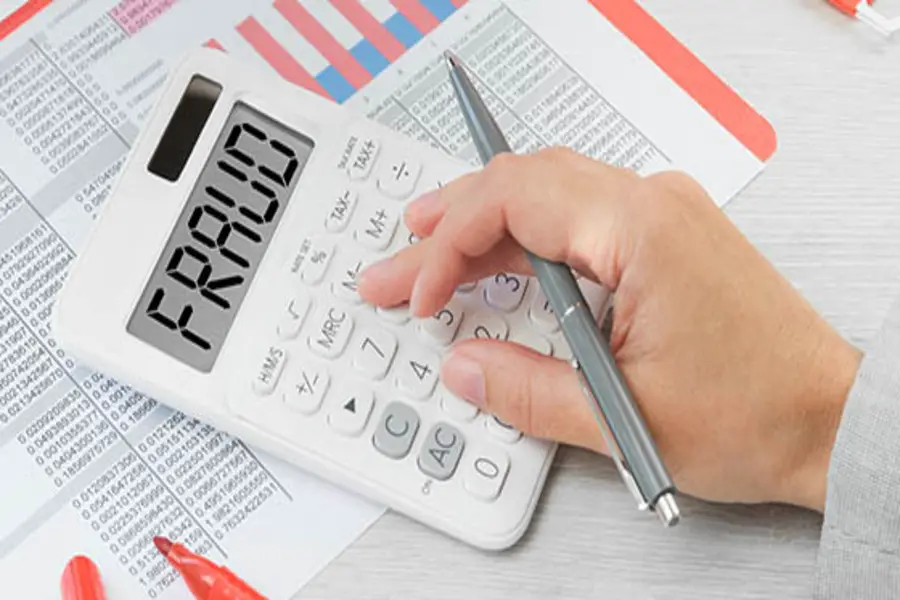Early Revenue Recognition: Not Just Bad Accounting, But Fraud

Although financial statement fraud is the least common form of occupational theft (9% of incidents), it costs organizations the most in financial losses, according to the Association of Certified Fraud Examiners. Businesses defrauded by financial statement schemes had median losses of $593,000.
Early revenue recognition, which distorts profits and can artificially boost a business’s financial profile, is popular among financial statement fraud perpetrators. To comply with Generally Accepted Accounting Principles and preserve your company’s reputation, you must prevent such activities on your watch. It’s also important to be able to detect them in the financial statements of business partners, including acquisition targets and customers applying for credit.
Schemes and warning signs
Owners, executives and others with access to financial statements might recognize revenue improperly by delivering products early, recording revenue before full performance of a contract, backdating agreements or keeping the books open past the end of a period. Some early revenue recorders have shipped merchandise to undisclosed warehouses and recorded those shipments as sales. Or they’ve used bill-and-hold agreements where a customer agrees to buy merchandise, but the company holds the goods until shipment is requested.
Probably the most obvious marker for early revenue recognition is when a business records a large percentage of its revenue at the end of a given financial period. Significant transactions with unusual payment terms can also be a warning sign. When these or other red flags are unfurled, it’s time to call in a fraud investigator.
Fraud experts typically compare revenue reported by month and by product line or business segment during the current period with that of earlier, comparable periods. They generally employ software designed to identify unusual or unexpected revenue relationships or transactions. Increasingly, they’re using AI tools to analyze what can be large volumes of data and suspicious patterns.
Examples of investigations
If, for example, experts suspect merchandise has been billed before shipment, they’ll look for discrepancies between the quantity of goods shipped and quantity of goods billed. Experts will also:
- Examine sales orders, shipping documents and sales invoices,
- Compare prices on invoices with published prices, and
- Note any extensions on sales invoices.
What if experts suspect merchandise was shipped prematurely? They compare the period’s shipping costs with those in earlier periods. Significantly higher costs could indicate an early revenue recognition scheme.
Fraud experts also might sample sales invoices for the end of the period and the beginning of the next period to confirm the associated revenues are recorded when they should be. If phantom sales are suspected, reversed sales in subsequent periods and increased costs for off-site storage may provide evidence of fraud.
Preventing fraud
Early revenue recognition could be carried out by one person or several working in collusion. One of the best ways to prevent such schemes is to minimize executive stress. For example, don’t tie all of an employee’s compensation to achieving specific revenue targets. Strong oversight by your company’s board of directors and its finance committee is also critical.
(This is Blog Post #1537)


